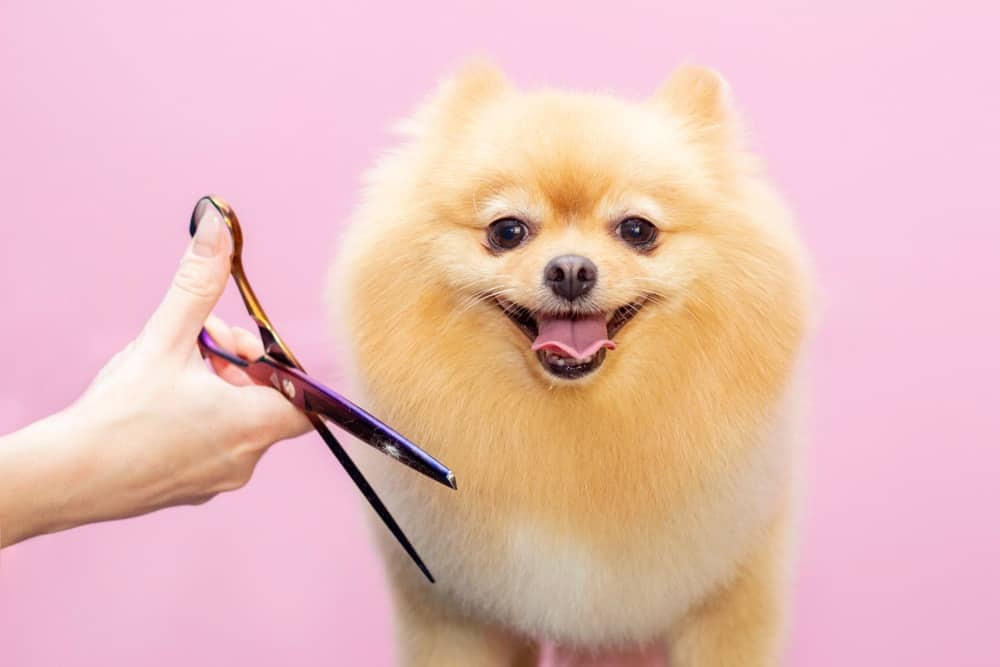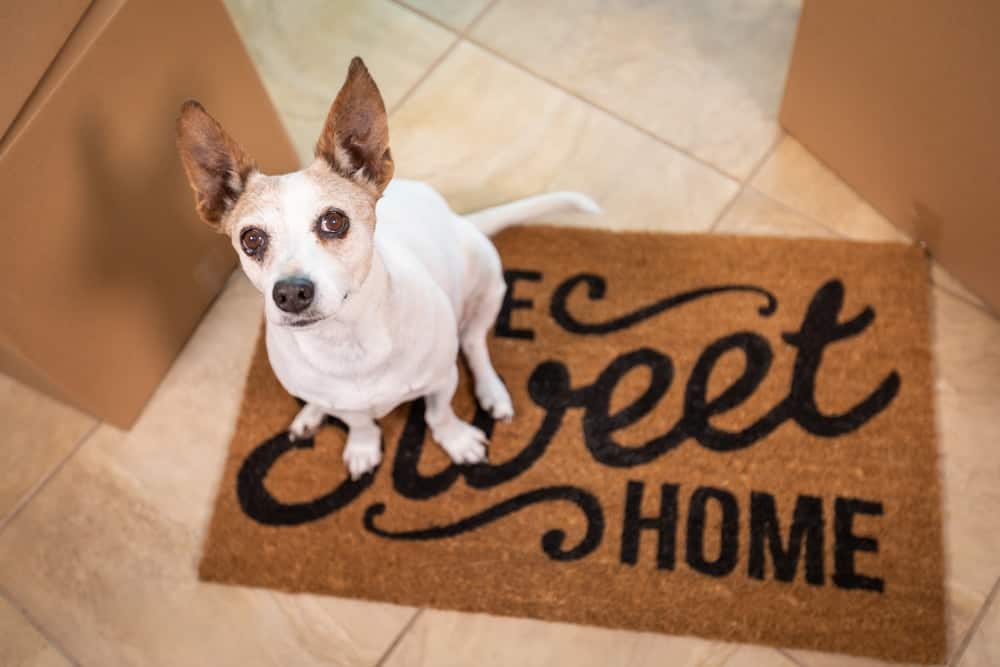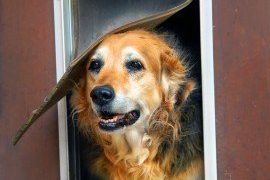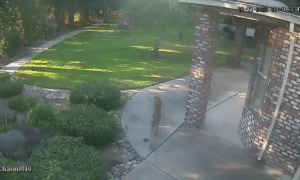“This post contains affiliate links, and I will be compensated if you make a purchase after clicking on my links.”
A dog may be man’s best friend, but he can also blow your budget quickly if you don’t plan ahead. While most new dog owners know they’ll have to get their dog his shots every year and buy him good dog food, many aren’t prepared for the unexpected expenses that come with owning a dog.
Here are eight dog care expenses first-time dog owners should try to plan for in advance before they commit to adopting a new furry family member.

- Upfront Costs
Whether you adopt your dog from a shelter or purchase one from a breeder, there are several things your new pup will need right away. Of course, you’ll need the basic supplies like a leash, collar, crate, bed, toys, bowls, food, and treats.
And, don’t forget to factor in upfront veterinary expenses like spaying or neutering, vaccinations, micro-chipping, deworming, heartworm testing, and his first checkup. Many shelters provide these initial services as part of the adoption fee, so the up-front cost of adopting your dog through a shelter is often much lower than purchasing one from a breeder.
Your new dog will probably need some training as well. If you’re not prepared to do that on your own, be sure to factor in the upfront cost of obedience classes or hiring a trainer.
- Routine and Emergency Veterinary Care
Veterinary care is one of the most expensive aspects of owning a dog. You probably already know that your dog will need shots every year, but don’t forget to factor in the cost of semi-annual teeth cleaning, heartworm testing and prevention, and parasite control. The cost of these routine services can add up quickly!
And, that doesn’t even begin to consider the costs of emergency veterinary care if your dog gets sick or injured. What if your dog cracks a tooth and it needs to be pulled? Or, what if he eats something he shouldn’t and needs emergency surgery to remove a life-threatening intestinal blockage?
There are lots of smart ways to make vet bills cheaper, such as purchasing a pet health insurance policy and shopping around for the best prices on care and medications. The key is to plan ahead so you already know how you’re going to cover these expenses when they come up.
- Replacement of Personal Items and Home Repairs
Puppies and even adult dogs tend to chew on everything. While the cost of replacing a pair of sneakers isn’t a big deal, the cost of replacing your couch after your dog chews a large hole in it will be.
In fact, dogs with separation anxiety have been known to chew holes in walls and scratch up doors, leading to hundreds of dollars in damage. Puppy proofing your home and crate training your pup are essential for keeping these types of surprise expenses to a minimum.
- Dog Walking or Doggie Day Care
Some dogs, especially puppies, can’t go all day without a potty break. Others get bored and become destructive if they’re left alone all day. The expense of a dog walker or doggie daycare might be something you’ll need to consider, especially if you’re away from home for work all day.

- Grooming
If your new dog has long hair, plan on paying for a haircut every six to eight weeks. Cutting his hair yourself isn’t a good idea without proper training and experience. Dogs with short hair are pretty easy to bathe and brush at home but don’t forget to consider the cost of having his nails trimmed each month and having his anal glands expressed and ears cleaned as needed.
- Increased Cost of Homeowner’s Insurance
If you own a home, be sure to check your homeowner’s insurance policy to see if your rates will go up when you get a dog. Certain breeds, like German shepherds, rottweilers, and pit bulls are believed to have breed traits that can lead to an increase in rates or even cause you to be denied coverage altogether.
- Higher Security Deposits, Pet Fees, and Rent
If you’re a renter, adding a dog to the family may come with some additional expenses for you as well. Landlords are likely to charge higher monthly rent, additional pet fees, or insist on a larger security deposit for renters who have pets. Some landlords will also demand a non-refundable cleaning fee as well.

- Additional Expenses When Traveling
Many new pet parents don’t realize how much more expensive it is to travel when you have a pet. If you decide to take your dog with you when you go on vacation, plan on paying for additional air travel costs, vaccinations and a health certificate, and extra pet fees at hotels. If you decide to leave your dog at home, you’ll still need to pay a pet sitter or boarding kennel to care for him while you’re away.
Why Planning Ahead is so Important
No doubt adding a dog to the family can bring lots of joy and fun. However, lack of proper planning for the added expense of their care is one of the top reasons many dogs end up in shelters or need to be rehomed.
Before you adopt a new dog, have a plan in place to cover the unexpected pet expenses that can come up at a moment’s notice. That way, you’ll be ready to provide a safe, loving home for your furry family member for years to come.
About the Author: Nicole McCray
Nicole is a die-hard animal lover who has worked in pet care for years. She is a former vet technician, a dog mom to her two rescue pups, and she grew up living and working at her family’s pet boarding facility. She loves using her writing talents to share the insight she’s learned throughout her career in the hopes that her knowledge can help other pet parents out there!























